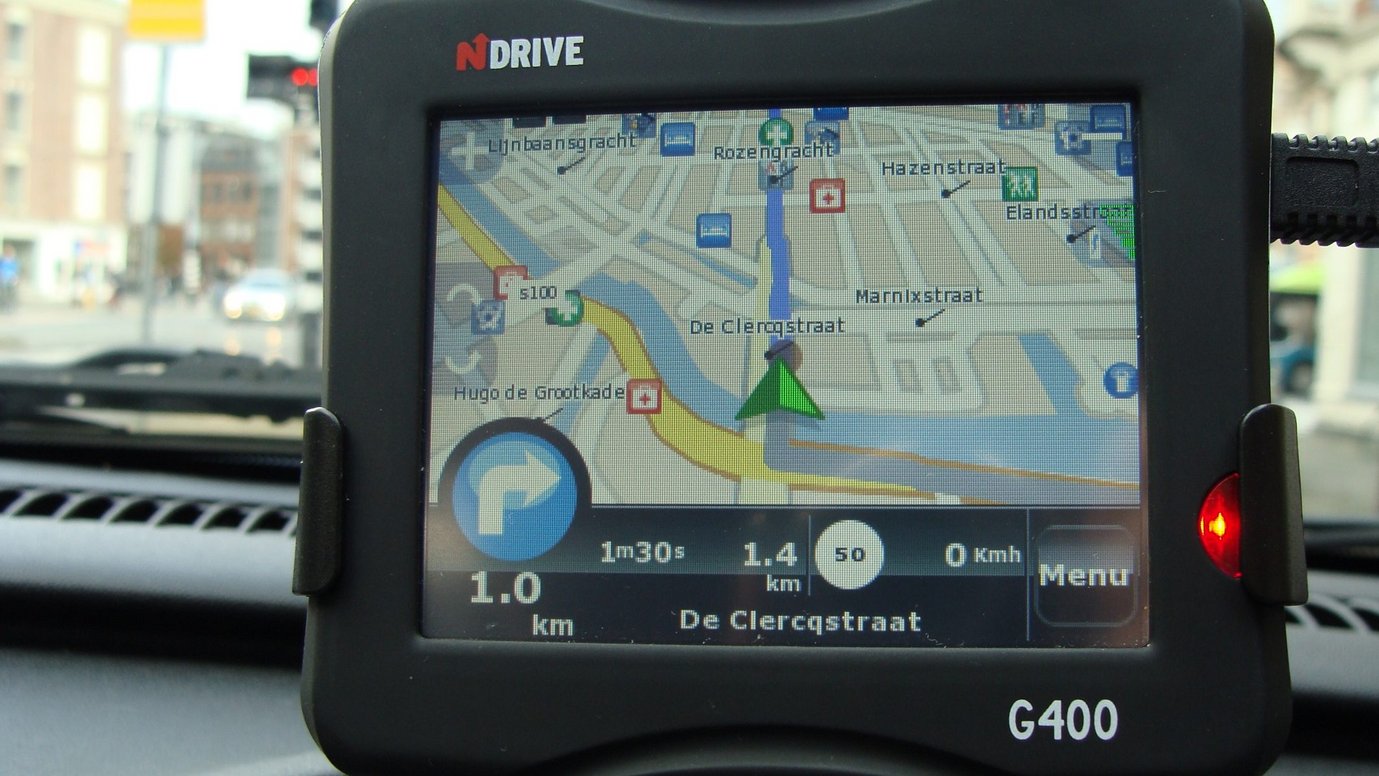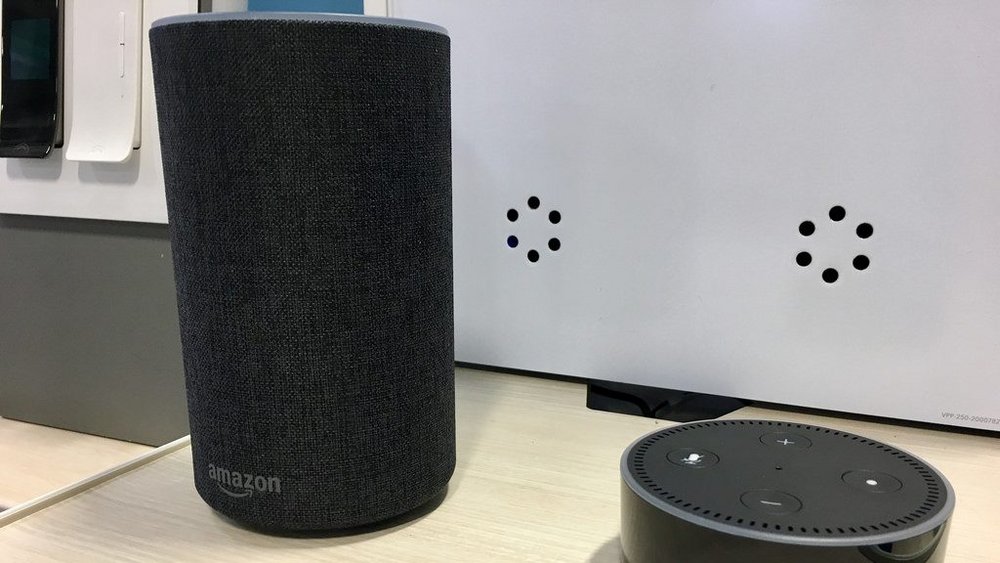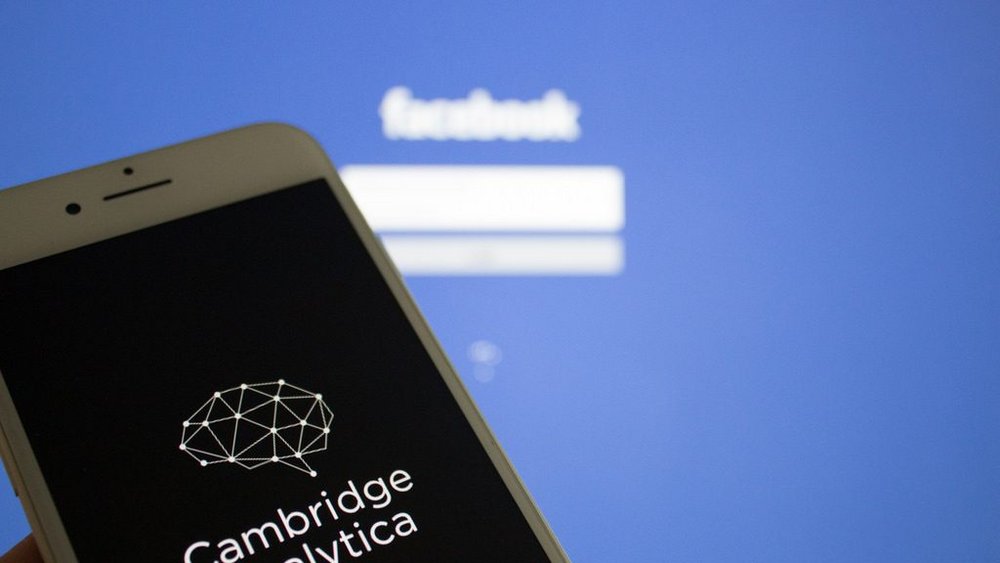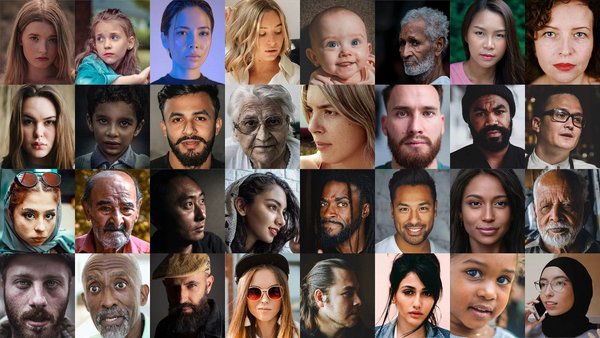The rise of Trusted Gatekeepers: The next big objective for brands /
It’s not just the tech giants that must prove themselves reliable gatekeepers, argues author Steven van Belleghem


Image by Ines s via Flickr
I remember when I got my first satnav device. The algorithms behind the navigation software weren’t very reliable, it probably had a success rate of taking you where you really needed to be about 50% of the time. Back then, if I had to choose between the advice of the software or a human passenger, I always picked the latter.
Today, the algorithms do the trick for about 99.9% of journeys, while humans still perform at maybe 85%. I now prefer to ignore the advice of any humans sitting in the car with me and listen to the machine. The simple reason is trust.
Who do you trust? /
If you have a client who always pays his bills on time, you trust that client. If Booking.com keeps suggesting hotels that turn out to be exactly what I like, I will trust Booking.com. If it doesn’t, however, that trust could disappear.
Many companies believe that people are still a lot more comfortable trusting a human than an algorithm, but recent studies have showed quite the opposite – people rely more on advice when they think it comes from an algorithm. Trust is no longer an issue of digital versus human, but of delivering what you promise.

The (algo)rhythm of life /
You may pride yourself in your freedom of thought and think you will not be manipulated by algorithms. However, you should ask yourself if you bother to click beyond Google’s first page of search results. If not, you already trust Google to decide what is most relevant for you. Algorithms occupy such a big part of our lives – they have become invisible, and they’re changing our behaviour.
Let’s say that the average consumer buys about 200-300 ‘routine’ products per month. For these ‘unsexy’ products, like toilet paper, toothpaste or coffee filters, we often don’t care much about the brands, and if we do, we tend to purchase the same ones. So, we are either in some sort of a routine buying pattern or we look for price promotions.
In the future, these 200-300 products will almost automatically find their way to our home. Only when those products don't show up, you will start asking questions. And of course, companies like Amazon will play a leading role in this form of automated commerce, as Amazon Echo users start to trust Alexa’s algorithms to handle these simple purchases. And as long as it keeps delivering what they like, they will keep on doing so. Trust is about patterns, positive ones. And if there is one thing that algorithms excel at, it’s patterns.

Image by The Unwinder, via Flickr
How do brands become trusted gatekeepers? /
If algorithms are driving our lives and trust is their fuel, then brands have no other choice than to become trusted gatekeepers.
An example of a company that is suffering in this regard is Facebook. They evolved into one of the dominant gatekeepers of information, deciding what we see and what we don’t, based on our behaviour. But the Cambridge Analytica scandal eroded the level of trust and, once trust is broken, it’s very hard to repair. Today, Facebook can stop 95% of all 'bad' content on their platform, which is not bad, but the remaining 5% can cause a lot of damage. Only when they reach 99.99%, will they again be seen as a trusted gatekeeper of information.

Image by Book Catalog via Flickr
The mission brands face has two parts: firstly, advising and curating efficiently, and secondly, building trust. That’s why we are seeing a clear shift among the big tech players from focus on world dominance to becoming trusted gatekeepers. Brands need sector expertise and they need to consistently do what they promise. But in a world of AI, it may be difficult to achieve trust without full transparency of the systems behind the tech. That’s why I believe that this evolution will trigger a wave of algorithmic transparency. Trust may be about consistency, but it grows a lot faster and sticks a lot harder when it is pushed by transparency.
If you think that this rule of “efficient gatekeeping + trust” only applies to the big tech players, think again. These trends have fundamentally changed customer behaviour, so even smaller players must ask themselves: what do I excel at, and how can I become a trusted gatekeeper in the matter?
In a world that continues to evolve towards dominant AI platforms, it will be the most convenient, the most consistent and the most trustworthy that will gather the biggest market share.
Prof. Steven van Belleghem is an expert in customer experience in the digital world. He’s is an award-winning author, and his new book Customers The Day After Tomorrow is out now. Follow him on Twitter @StevenVBe, subscribe to his videos at www.youtube.com/stevenvanbelleghem or visit www.stevenvanbelleghem.com
Get Contagious thinking into your inbox by signing up to our weekly newsletter here.
Want more of the same? /
We don’t just write about best-in-class campaigns, interviews and trends. Our Members also receive access to briefings, online training, webinars, live events and much more.







